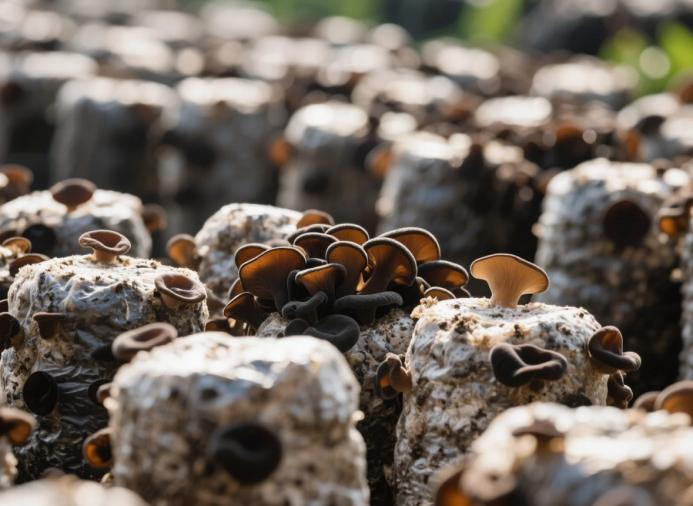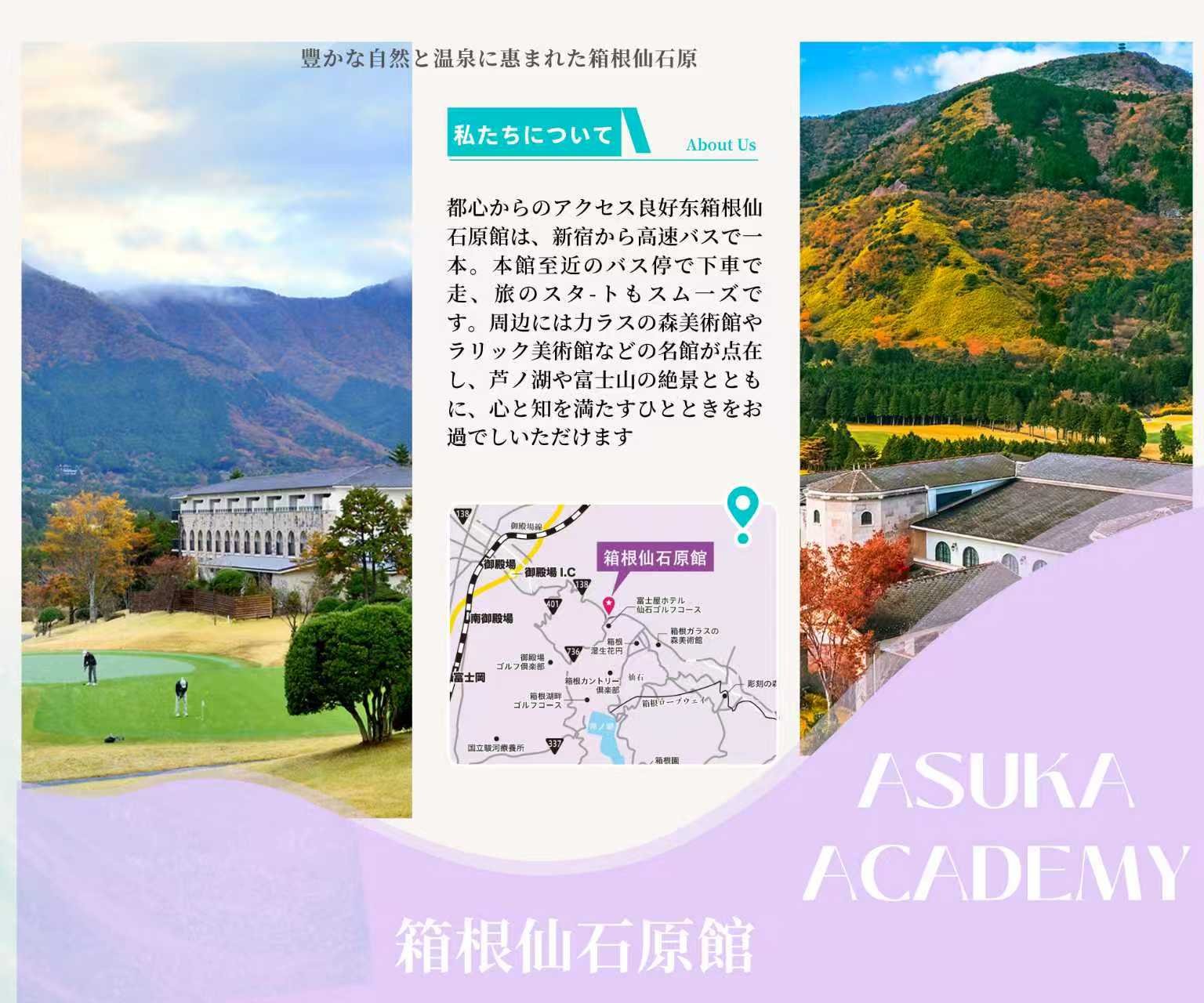Located in the heart of the Changbai Mountains, Wangqing County in Yanbian Korean Autonomous Prefecture, Jilin Province, boasts a forest coverage rate of over 80%. Its exceptional ecological environment and climate make it an ideal area for cultivating black fungus (Auricularia auricula-judae). Due to its mountainous terrain—characterized by “eight parts mountain, one part water, and half grassland, half farmland”—Wangqing is not suitable for large-scale cultivation of crops like corn or rice. However, its dense forests make it perfect for growing specialty local agricultural products. Capitalizing on its large temperature differences between day and night, high humidity, and lush forests, the county has vigorously developed the black fungus industry to help farmers increase their income and prosperity.

In recent years, Wangqing has tailored its development to local conditions, promoting the concept of “small fungus, big industry.” After years of dedicated effort, the county has built a comprehensive industry chain that includes strain research and development, fungus bag production, cultivation base construction, product processing, equipment manufacturing, marketing, and recycling of used fungus bags. Currently, Wangqing maintains an annual black fungus cultivation volume of 650 million bags, producing around 35,000 tons each year with an output value reaching 3.4 billion yuan (RMB).
In terms of business models, most villages in Wangqing County adopt an industrial development approach of “Company (or Cooperative) + Farmer,” where market-oriented enterprises or professional cooperatives lead cultivation efforts. These organizations involve local households and disadvantaged groups, offering unified services in raw material procurement, fungus bag production, cultivation techniques, and product sales.
Wangqing’s black fungus is known for its thick slices, dark color, and smooth texture. As a genuine wild product from the mountains, it enjoys strong market demand. The fungus has already obtained national geographical indication certification and is sold not only in major Chinese cities like Beijing, Shanghai, and Guangzhou but also exported to countries including South Korea, Japan, and across Southeast Asia. With standardized production and strong brand development, Wangqing’s black fungus has evolved from simply “selling a product” to “selling a brand.”
From a humble fungus to a pillar industry driving rural revitalization, Yanbian black fungus has leveraged its ecological value and market potential to not only step out of the mountains—but also go global—emerging as a shining symbol of Jilin’s modern agricultural development.




